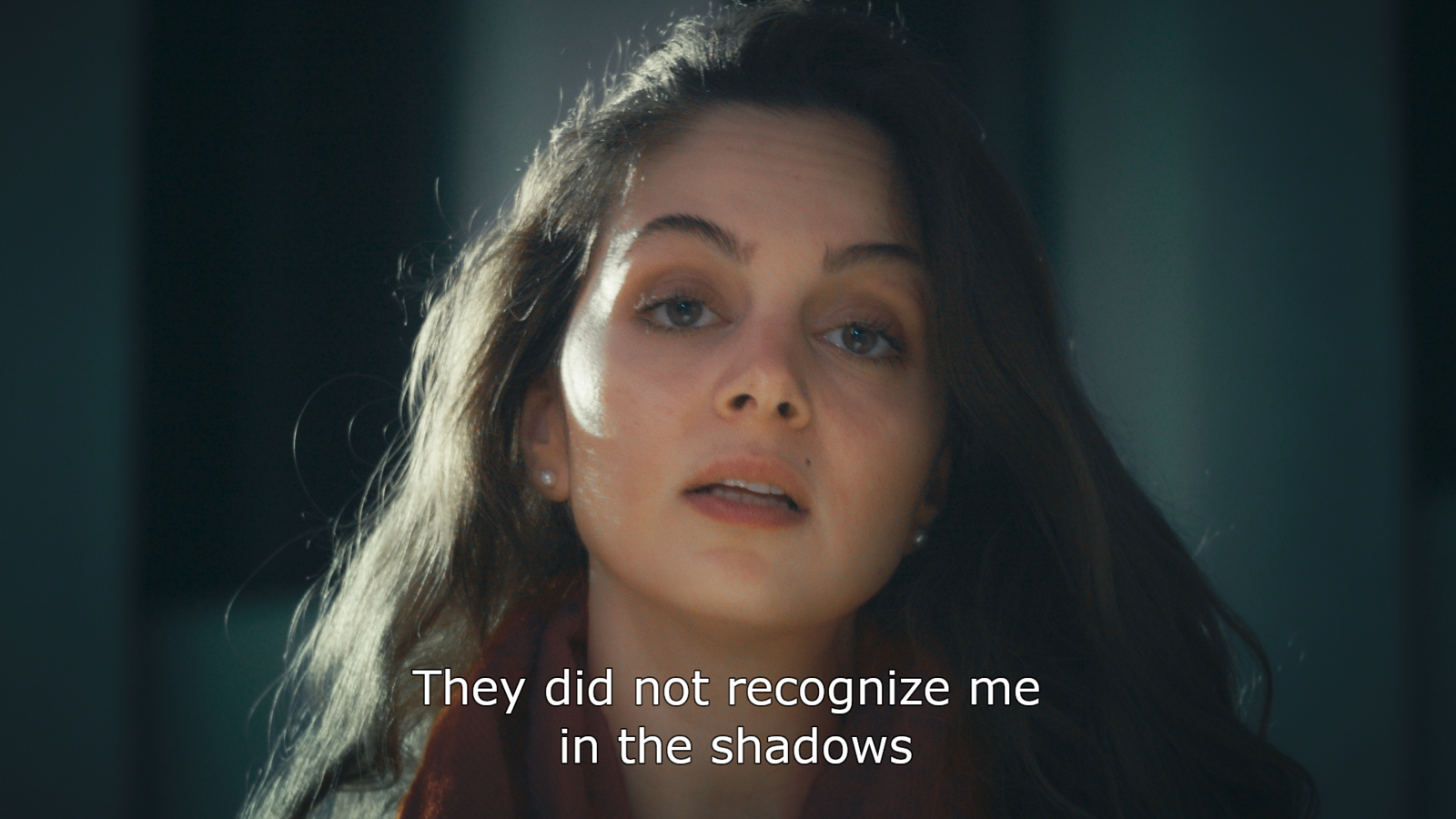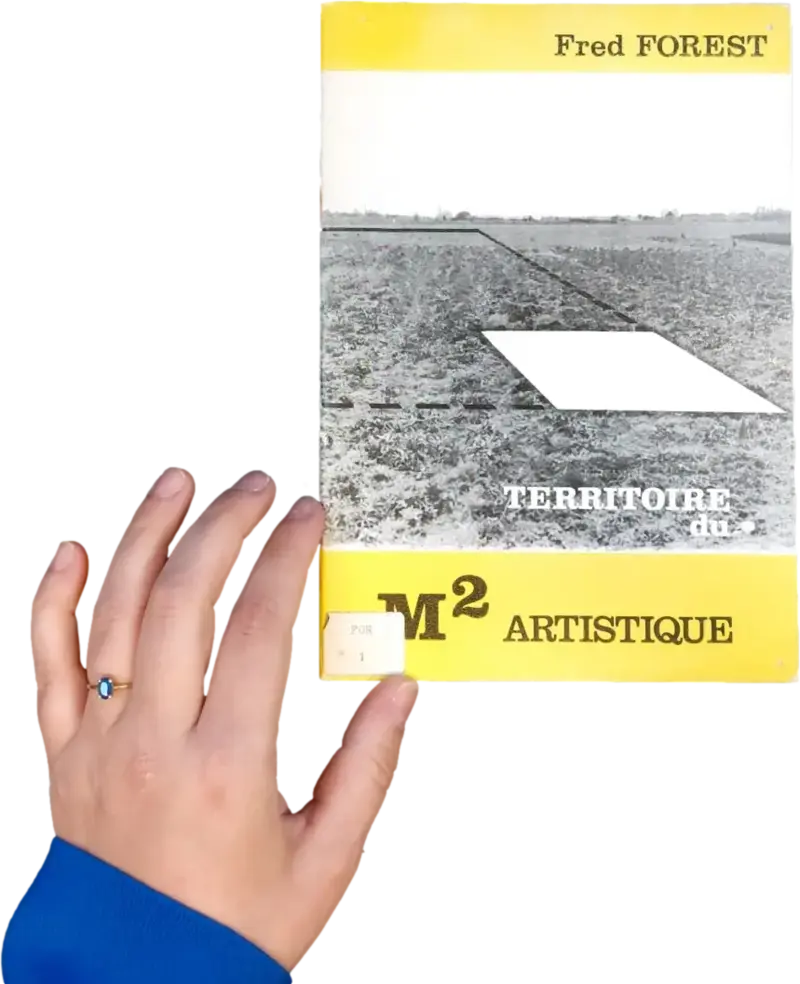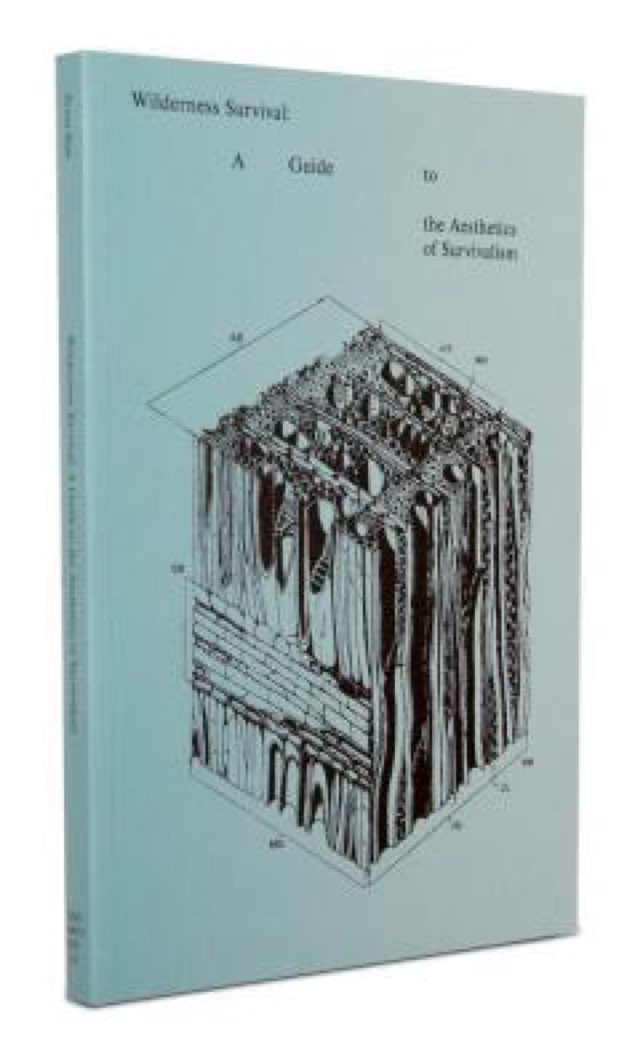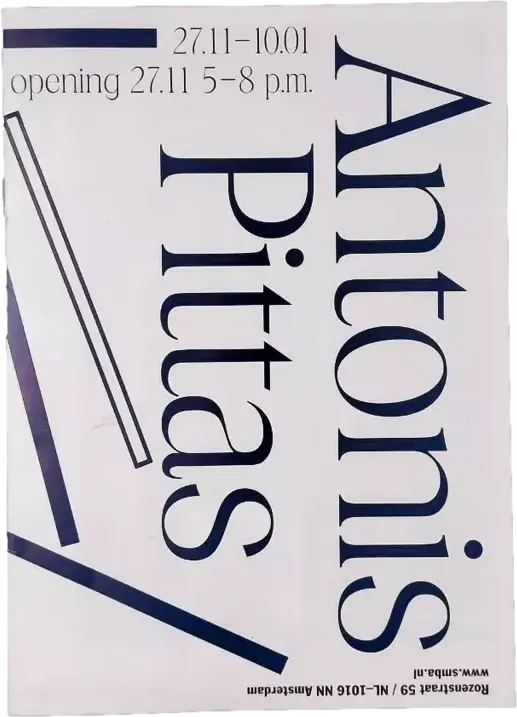Edgelanders: Amsterdam on Trial / Part III: The Witnesses
de Appel, Tolstraat 160, Amsterdam
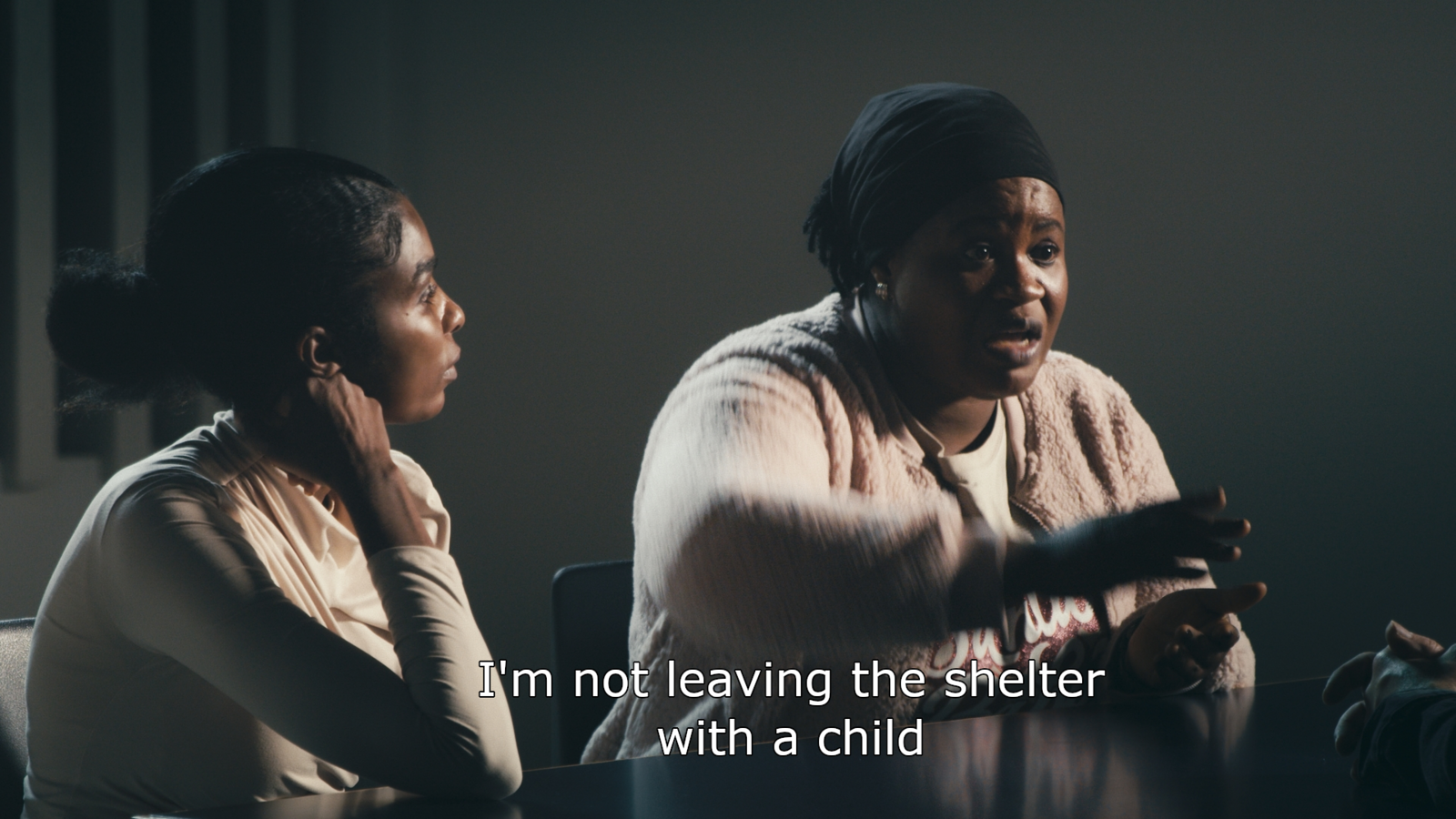
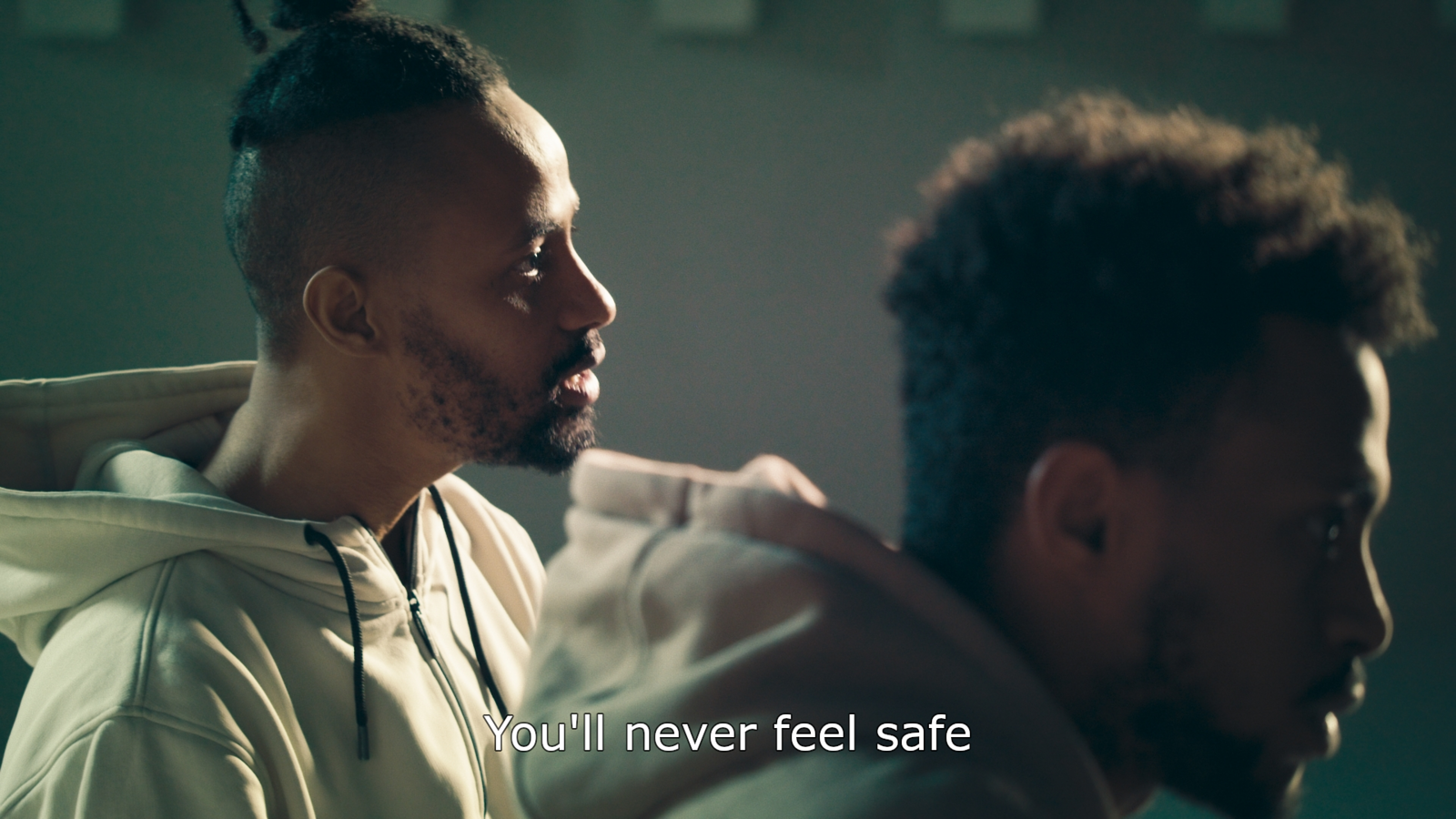
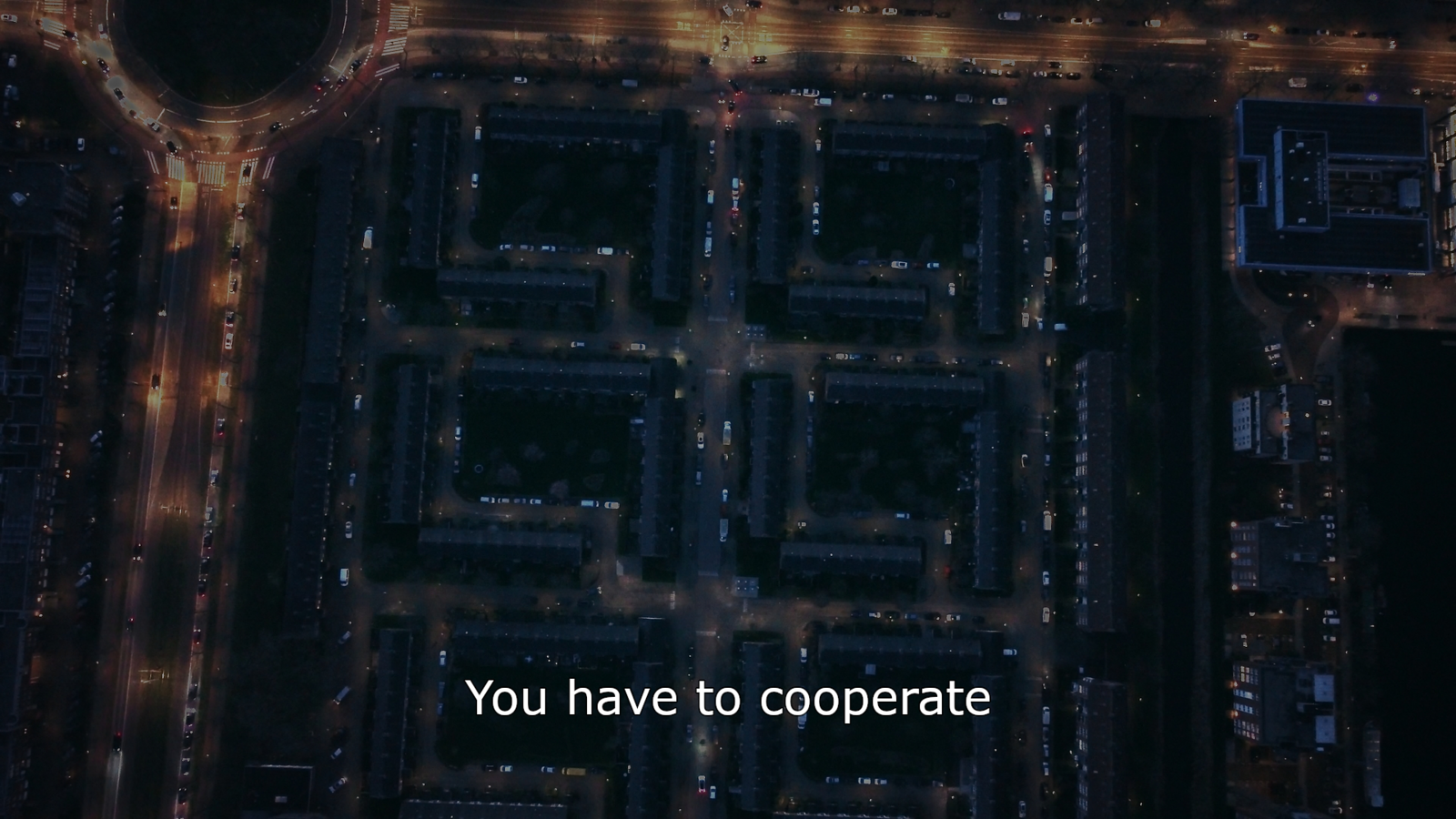
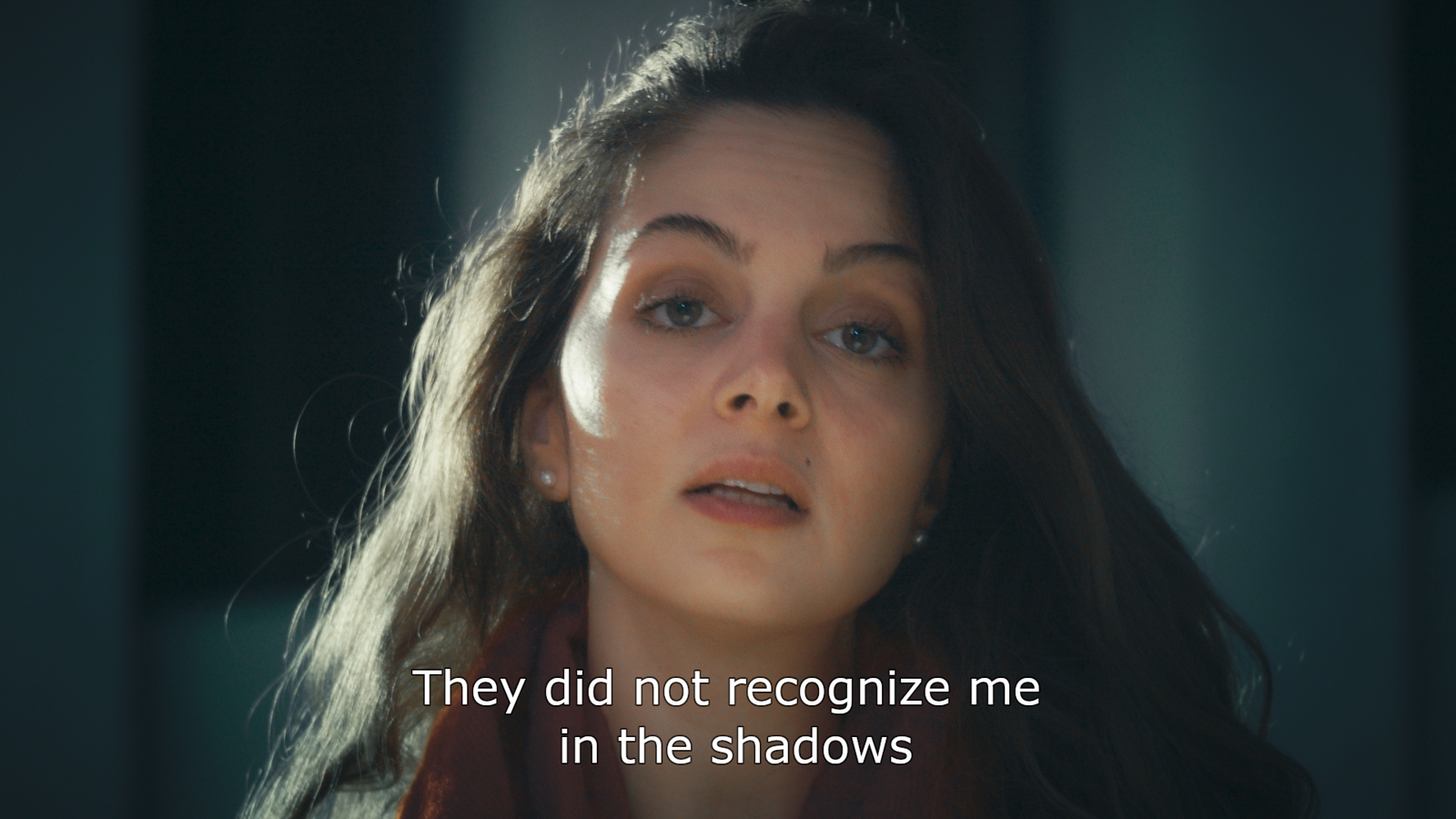
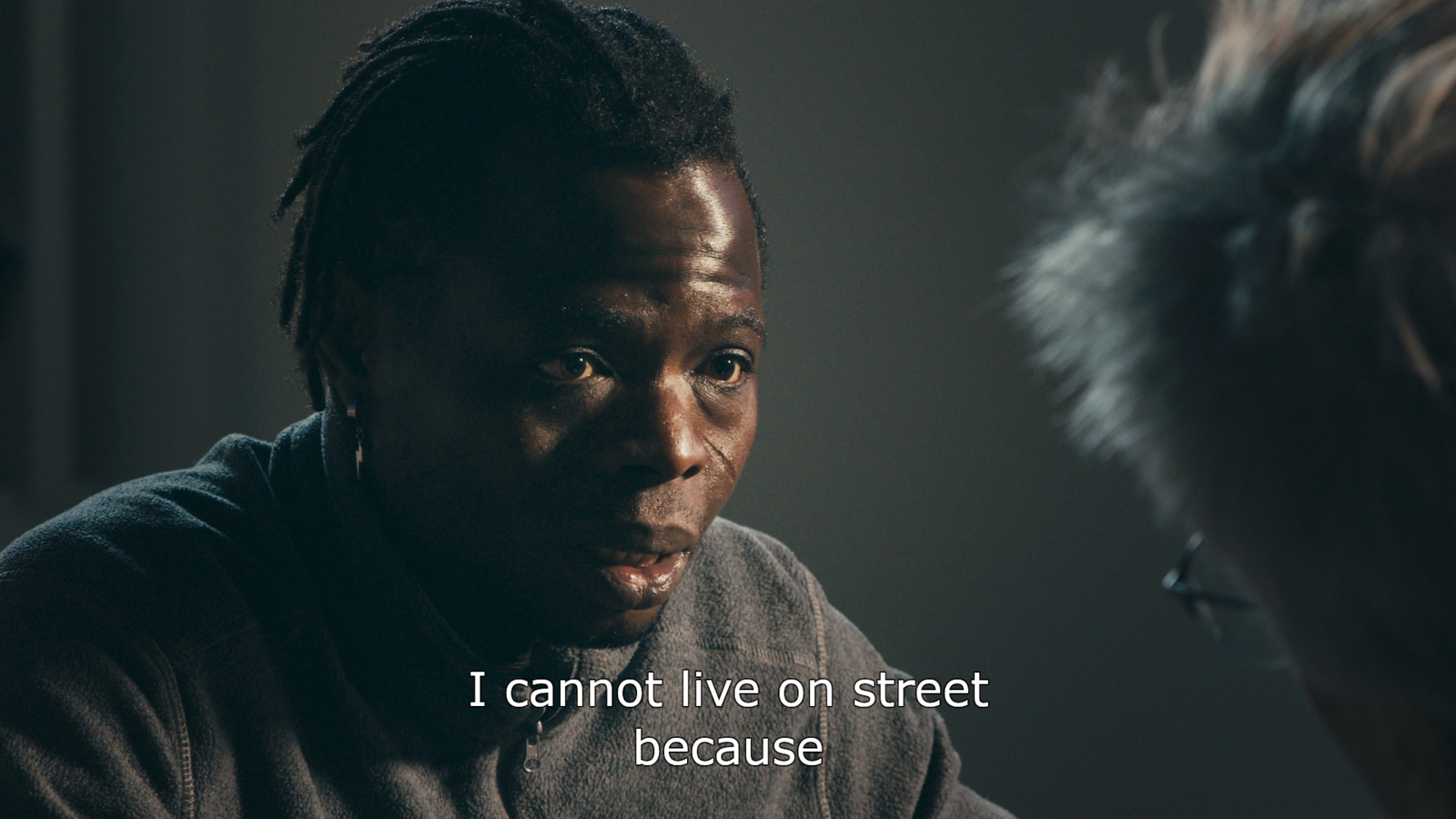
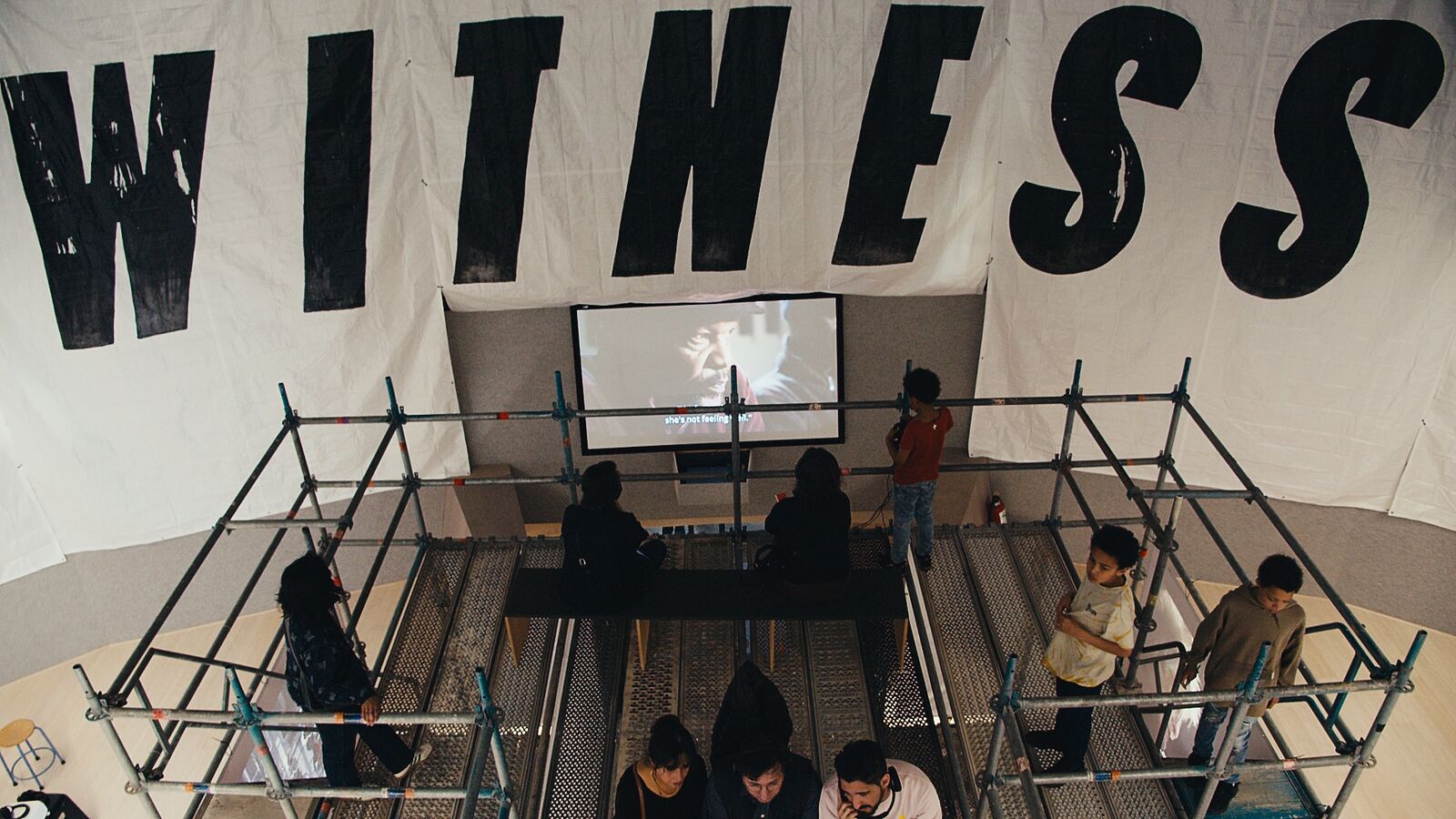
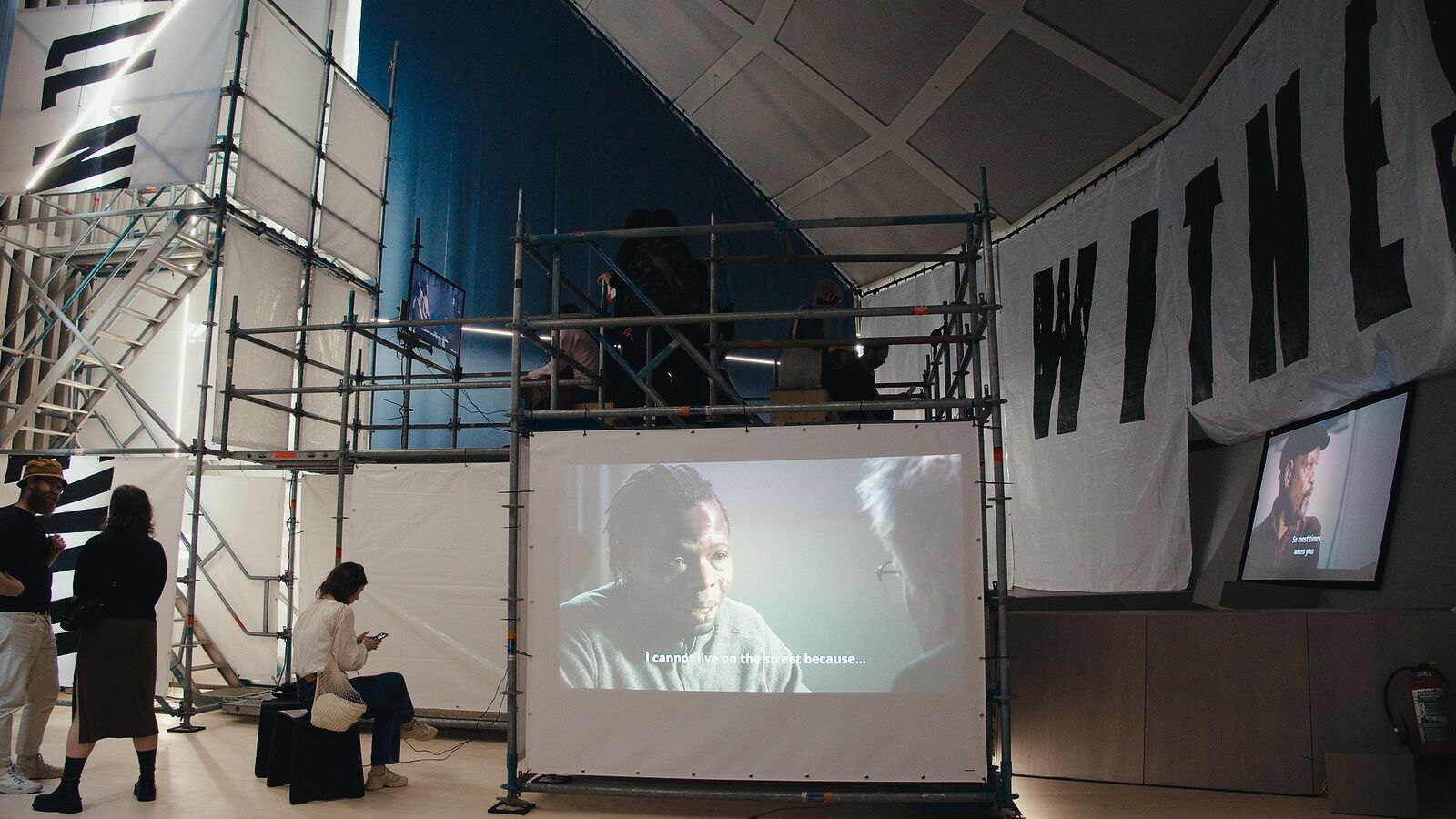
In the art project Edgelanders the artists Ehsan Fardjadniya and Raul Balai build a (self organized) trial against the city of Amsterdam and thereby hold it to its ethical image and juridical obligations. They'll be gradually building towards a public trial against the city in the anniversary year of 2025. In the years leading up to that, they will collect evidence, hear witnesses and form the indictment. Through various presentation formats, exchanges take place with various stakeholders and residents of the city, such as undocumented migrants, citizens, politicians, lawyers and organizations that deal with this issue.
While the artists presented a first chapter in the form of an installation at the Amsterdam Museum in October as part of Refresh Amsterdam 2 and a performance and exhibition at Podium Mozaïek as the second chapter, a third chapter will be presented at de Appel, which is focused on the witnesses. The witnesses are the undocumented refugees. Through videos of interviews and conversations with them, Raul and Ehsan zoom in on their experiences living in a municipal shelter and struggle to collect evidence for the tribunal against the city of Amsterdam in 2025.
In the backdrop of an ever-deteriorating garage nestled in the outskirts of Amsterdam South East, a group of undocumented individuals sought refuge. Their plight caught the attention of the esteemed social lawyer, Pim Fischer, who fearlessly championed their cause, taking the city of Amsterdam to court in pursuit of their basic human right to shelter. The judge mandated that Amsterdam provide shelter with unconditional access to Bed, Bath and Bread. In a resolute pursuit of justice, the battle extended to the national level, as the state itself was sued for its failure to provide the necessary commitment.
In a landmark decision, the EU court ruled in favor of the plaintiffs, mandating the provision of unconditional access to shelter in the whole country. As the facilities were erected, a glimmer of hope shone for those in dire need. However, the council of state interjected with a condition, the elusive fourth "B" - "Begeleiding" in Dutch, meaning "Guidance" or "Orientation." It entailed that the use of the shelter facilities was contingent upon the participation of undocumented individuals in a repatriation orientation program, set to conclude within a year.
This condition laid bare the complexities of the situation, where the pursuit of basic human rights was entangled in bureaucratic mandates. The dichotomy between providing shelter and the demand for repatriation orientation posed a moral and ethical dilemma. The interplay between legal obligations and human compassion became entwined in a web of uncertainty.
Live activations will accompany the exhibition. Tours by the artists and activities by participants in the project will take place throughout the exhibition duration, as well as a symposium on the limits of law and a People’s Tribunal in May. Please sign up for the newsletter and check the website in the coming weeks for dates and further details.
Limited Capacity in Exhibition Area
Please note that due to the installation (scaffolding) in the exhibition space, only 22 guests can be in the exhibition space at any one time. Therefore, there may be some waiting or queuing. We also ask that you try not to spend more than 20 minutes in the exhibition space, so that others have the opportunity to visit, and we hope that you will return during the exhibition to spend more time watching the videos.
Children
As always, children are welcome at de Appel. However, they must be accompanied by at least one parent in the Edgelanders exhibition installation. The artists have prepared a colouring sheet for the children and there is a table with colours on the ground floor.
Accessibility
Unfortunately, the exhibition space is not wheelchair accessible due to the scaffolding that is part of the installation. However, the videos by the artists are available on an iPad on the ground floor of de Appel, which is accessible.
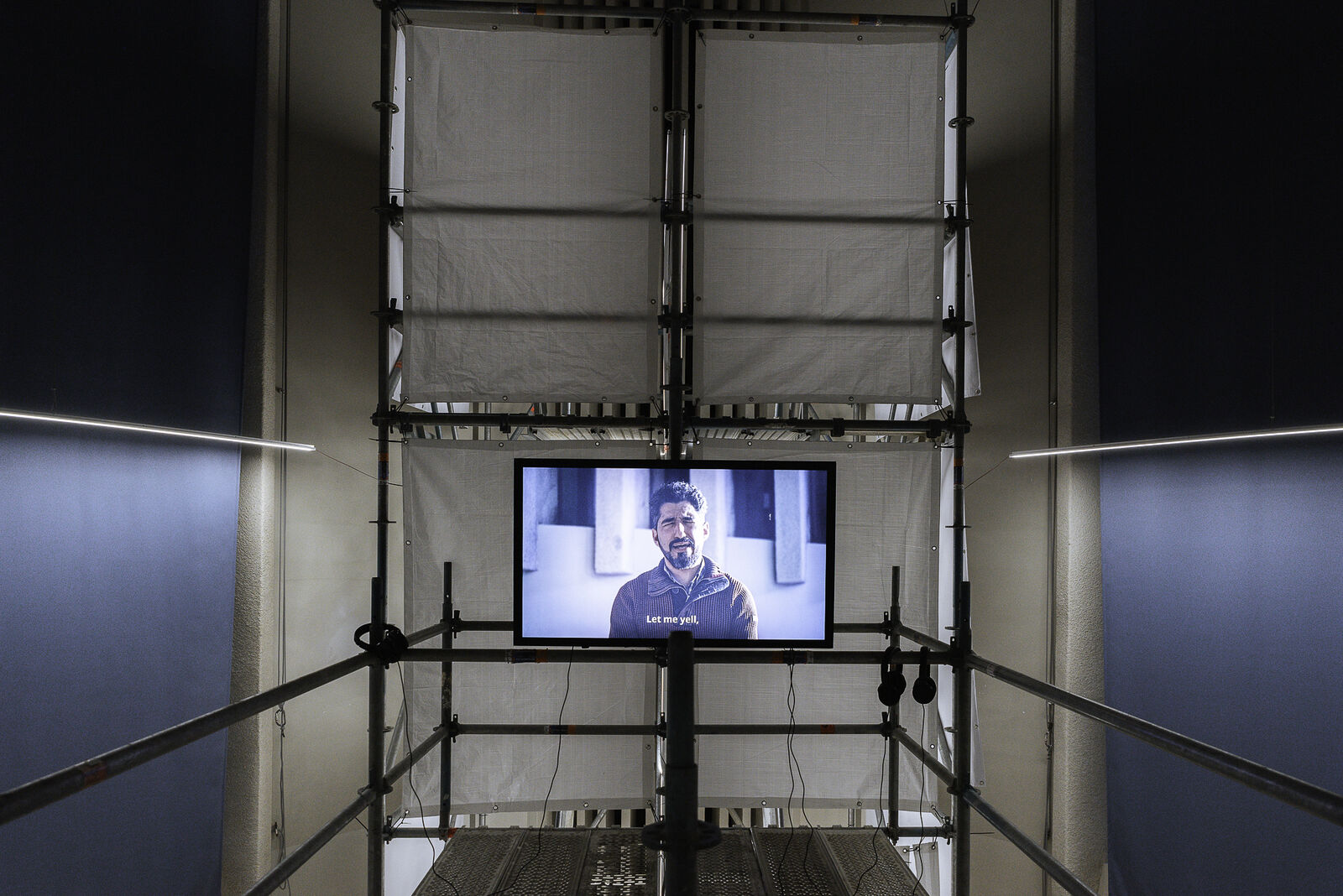
Image by Catalina Reyes Navarro
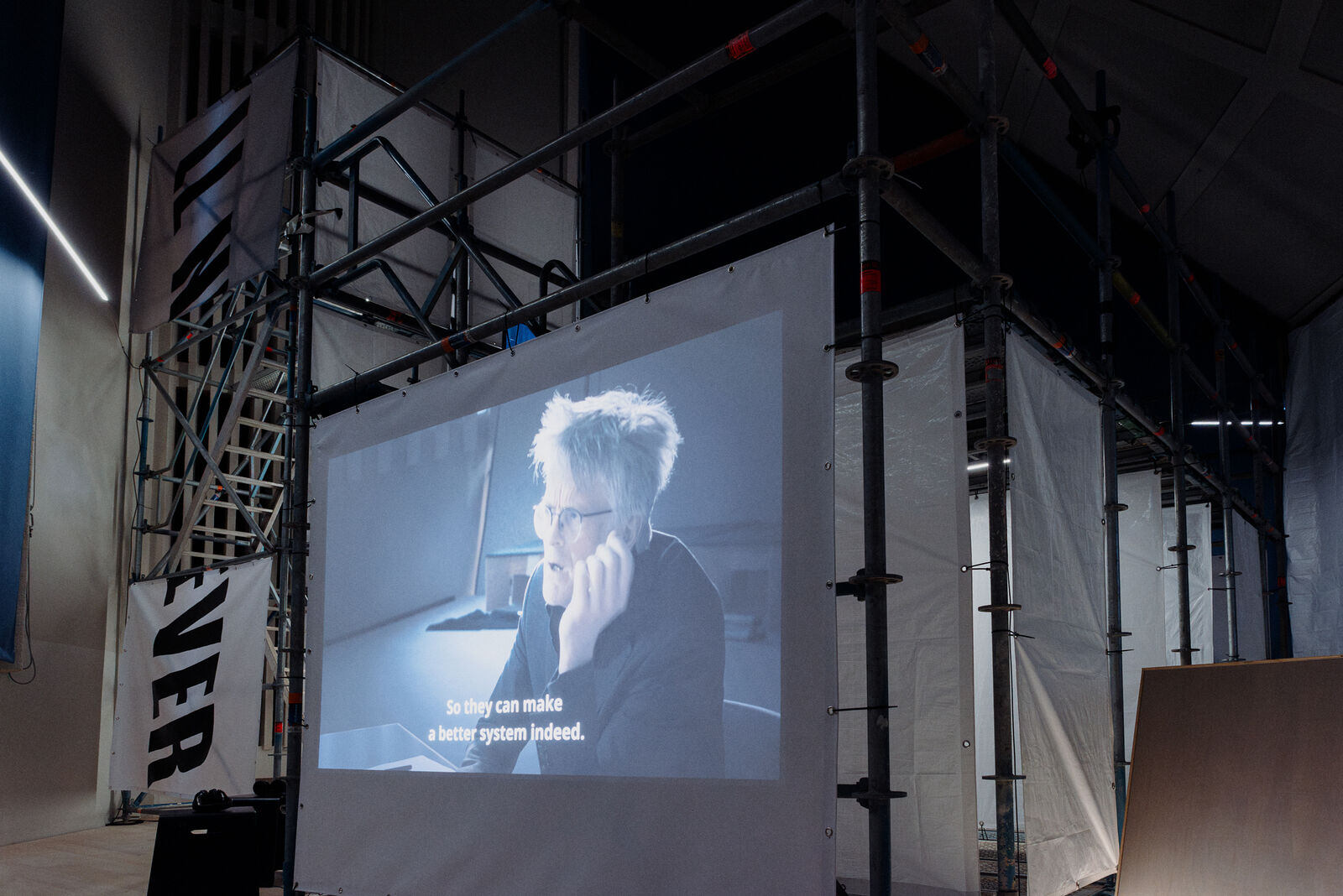
Image by Catalina Reyes Navarro
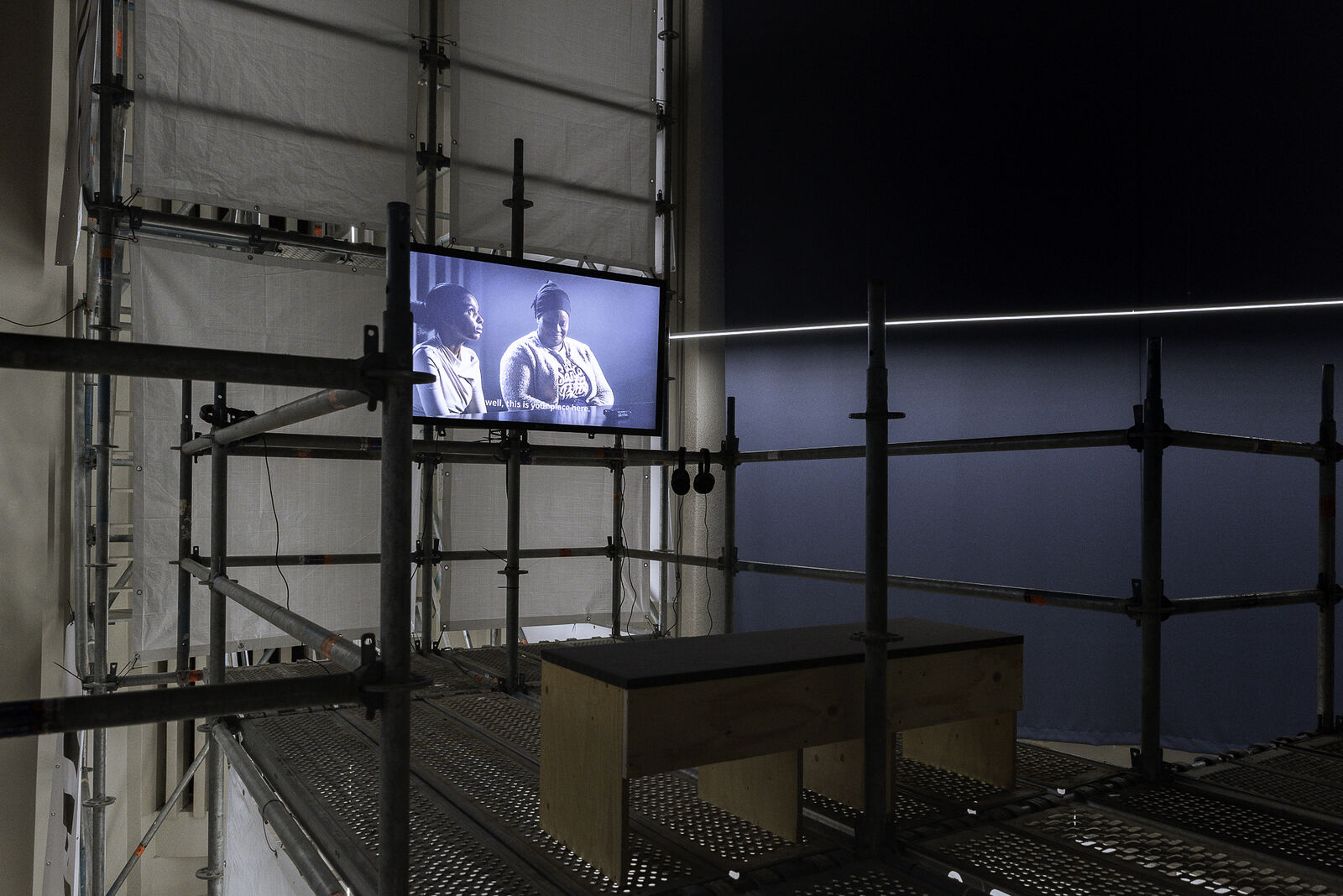
Image by Catalina Reyes Navarro
Ehsan Fardjadniya is a performance and visual artist. He was exiled from Iran in 2000 due to his political cartoons, after which he applied for asylum in the Netherlands. He studied at the Royal Academy of Art in The Hague and has a Master in Fine Arts from Goldsmiths’ College in London. Art and activism coalesce in Fardjadniya’s work, for which his “politicized” body—as a political exile and man of color—forms the starting point. His personal experiences and struggles with institutional racism filter through in the poignant stories about migration that he tells.
Raul Balai (Amsterdam, 1980, SU / NL), is an artist whose work centers around the exploitative state of our minds, and how this subsequently frames the shape of the world. He provides insights into power structures: how they resonate in the way the story of history is told and reproduced, and how they lead to the society we have today. Here (personal) stories of migration and colonialism frequently play a role. He uses different styles and disciplines to expose and explore this. Balai studied at the University of the Arts Utrecht and has been a member of various collectives and partnerships as an artist.

